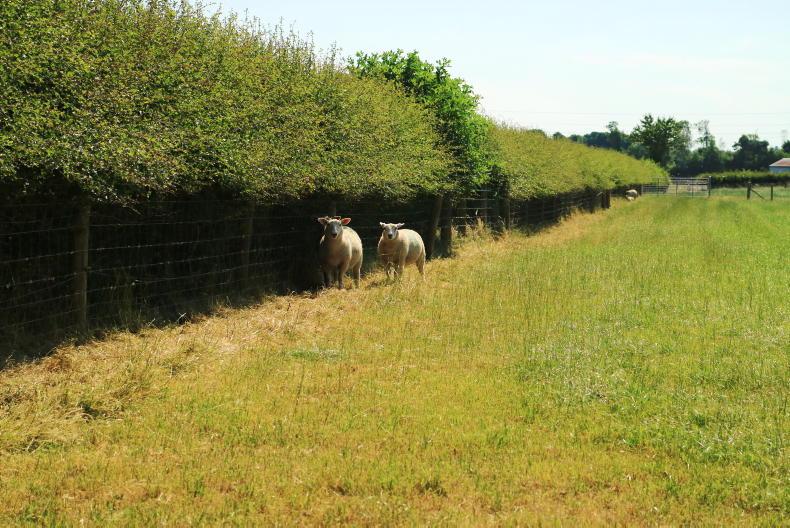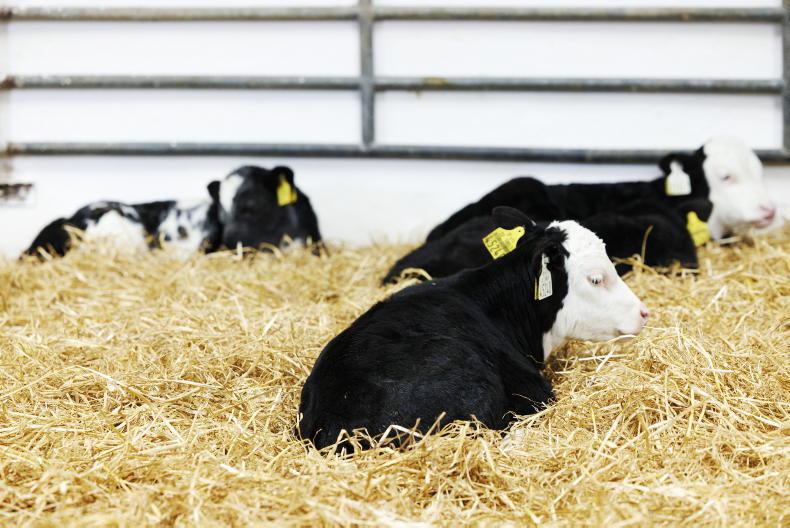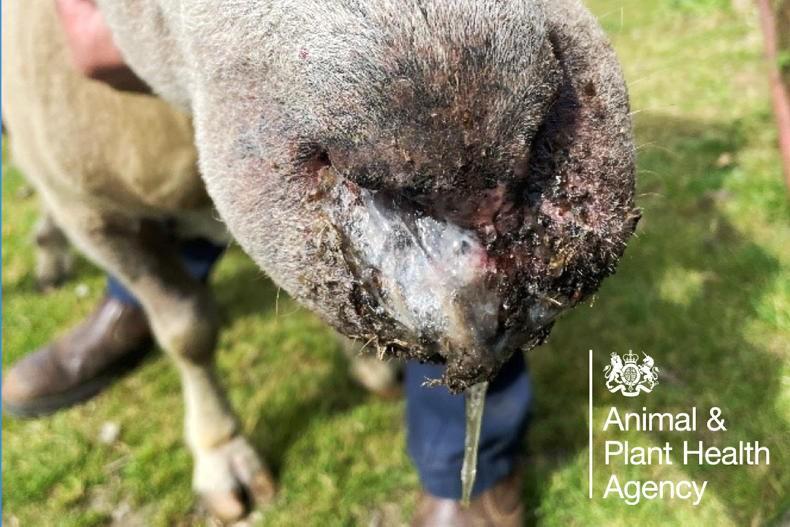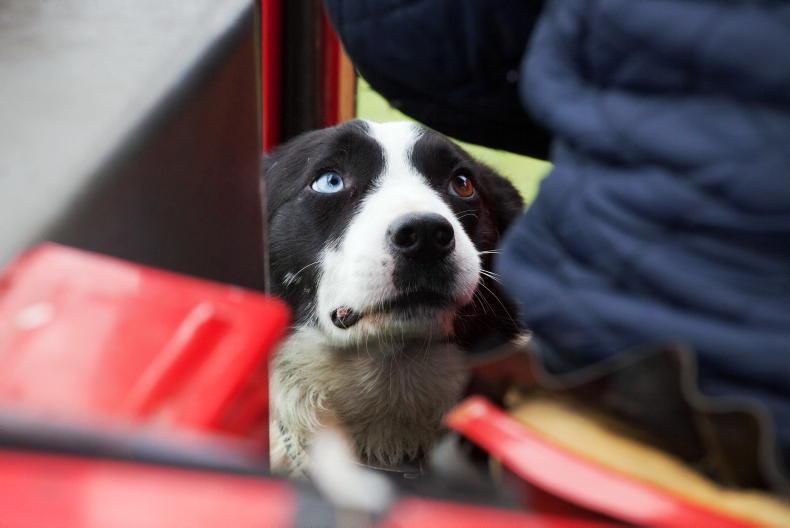Heatwave
With Met Éireann forecasting peak daytime temperatures ranging from the mid-to-high 20s over the coming days, there is a risk of heatwave-related issues to be mindful of.
The highest temperatures are currently forecast in the east and south of the country, but temperatures will still be high enough elsewhere that problems could arise. The main areas of concern are summarised as follows;
Shelter and access to water
In current temperatures, animals can quickly succumb to heat stress if they do not have sufficient access to shelter and an adequate supply of water.
The highest risk is with animals on a high plane of nutrition, as these animals will already be under pressure due to the nature of their diet.
It is particularly important to take steps to ensure ram lambs on an intensive diet are not exposed to extremes in temperature.
This is due to the fact that the quality of semen can become adversely affected where a ram’s body temperature exceeds 40°C.
While the risk is lower with mature rams, it is still wise to ensure rams have access to good shelter and free access to water.
Safe transport
Temperatures in trailer units can rise significantly higher where sheep are transported in close confines. There is also a greater risk of animals smothering faster if they lie down or lose their footing during transport.
As such, it is best to avoid transporting animals during peak daytime temperatures. Where this is not possible, the stocking rate should be adjusted.
Animals should also not be loaded if they have undergone significant exertion or are on a full stomach.
Working sheepdogs
Dogs can succumb to heat stress, stroke and exhaustion quickly. Many issues are triggered by dogs becoming dehydrated, which will limit their ability to regulate their body temperature.
It is advisable to avoid working dogs in peak daytime temperatures. Also be aware of the terrain dogs are walking on, with foot pads easily burnt.
Fly control
Flies will generally be less active in the open when temperatures are high, however there will still be a high risk of blowfly strike and nuisance flies such as head flies.
Take care not to apply preventative products during peak temperatures, as it will increase the risk of product being evaporated.
Operator safety
Remember also to apply sun cream, keep well hydrated and plan tasks to reduce pressure from working during peak temperatures.
Scabivax Forte
It’s believed that MSD Animal Health, suppliers of the orf vaccine Scabivax Forte, have released the final batch of the vaccine onto the market. Veterinary practices must have the vaccine bought before the end of August, after which it will no longer be available.
Farmers must have their vaccines bought before the end of October, at which point the vet will have to return any remaining product.
It’s believed that another drug company plan to have a replacement available from late spring next year. In short, if you plan to use the orf vaccine next spring you should contact your vet and place an order for the product as soon as possible.
The expiry date on the current batch is May 2023, so there is no merit in farmers trying to stockpile vaccines.










SHARING OPTIONS